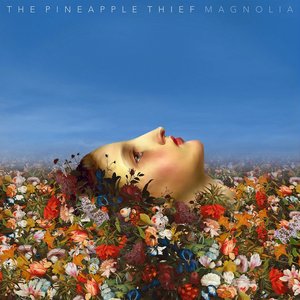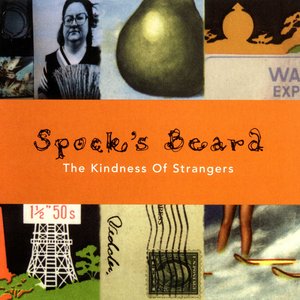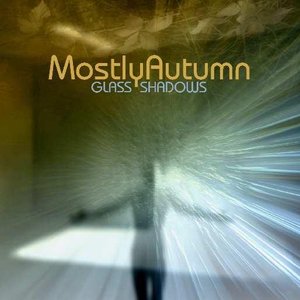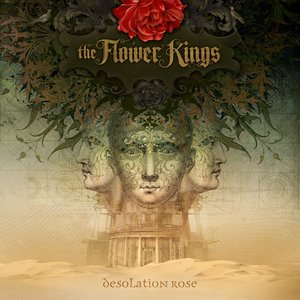Wiki
-
Release Date
17 June 1985
-
Length
10 tracks
Misplaced Childhood is the third studio album of the neo-progressive rock band Marillion. It was released in 1985 and has been their most commercially successful album, reaching number one in the UK album charts in June 1985 and spending a total of 41 weeks on the chart, the longest chart residency of a Marillion album.
The album features the band's two most successful singles, the guitar-led "Kayleigh", which reached No. 2 in the UK and was a worldwide success, and the piano-led "Lavender", which reached No. 5. The name Kayleigh was devised by Fish to slightly obscure the name of a former girlfriend named "Kay Lee" (with "Lee" being the middle name), who the song was mostly about.
Misplaced Childhood was the band's first full concept album, consisting of two contiguous pieces of music on the two sides of the vinyl. In live concerts preceding the album, Fish had originally claimed as a teaser that the next album would consist of only two tracks, 'Side One' and 'Side Two'. Then, during the Misplaced Childhood tour, Fish would announce "Now there is time for one more track… the name of the track is 'Misplaced Childhood'", and the band performed the entire album in sequence.
The story has thematic elements of lost love, sudden success, acceptance, and lost childhood, along with an upbeat ending. As Fish explains, he perceived the concept during a 10-hour acid trip. Several of the songs and titles contain notable autobiographical references; one example is that track 2 ("Kayleigh") references past girlfriends. Another example is track 5 ("I was born with the heart of Lothian"), which is a reference to a traditional region of Scotland - Fish himself being from Midlothian - and a reference to the Heart of Midlothian (Royal Mile) - a mosaic heart in the pavement of Edinburgh's Royal Mile.
A 2-CD remastered version with additional B-sides and demos was released in 1998.
Song references;
The album contains several references to song titles or lyrics by Marillion and other artists. These include:
"Home Thoughts from Abroad" by Clifford T. Ward referenced in "Kayleigh" ("By the way, how's your broken heart"/"By the way, didn't I break your heart?")
"Script for a Jester's Tear" by Marillion, referenced in "Kayleigh" ("I never did write that love song"/"I'm still trying to write that love song")
"Love, Reign O'er Me" by The Who, referenced in "Windswept Thumb" ("Rain on me" - NB not in lyric sheet)
"Ashes are Burning" by Renaissance, referenced in "Lords of the Backstage" ("Ashes are burning, burning")
"A Plague of Lighthouse Keepers" by Van der Graaf Generator, referenced in "Lords of the Backstage" ("I'm so far out I'm too far in")
"Lavender Blue", originally an English folk song dating to the 17th century. This song became very popular during the 1950s rock and roll era, when it was sung by Solomon Burke. A hit version of the song, sung by Burl Ives, was featured in the Walt Disney movie "So Dear to My Heart".
Coverart:
The boy on the front cover is Robert Mead, then a ten-year-old who lived next door to the sleeve artist Mark Wilkinson. Mead also appeared in the video for "Kayleigh" and was portrayed on the sleeves for all three of the singles taken from the album, "Kayleigh", "Lavender" and Heart of Lothian.
Notes:
The album was the inspiration for comedian Will Smith’s Edinburgh Fringe show “Misplaced Childhood” in 2005, which also led to a successful tour in 2006.
Album descriptions on Last.fm are editable by everyone. Feel free to contribute!
All user-contributed text on this page is available under the Creative Commons Attribution-ShareAlike License; additional terms may apply.












